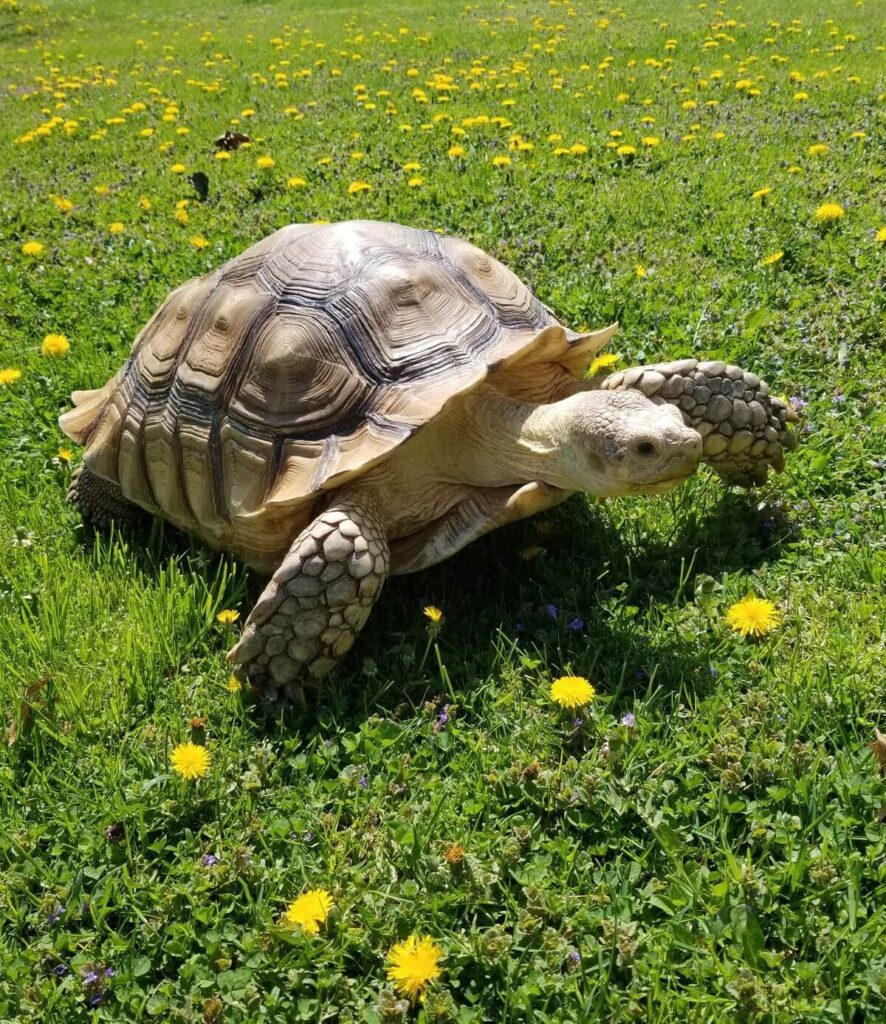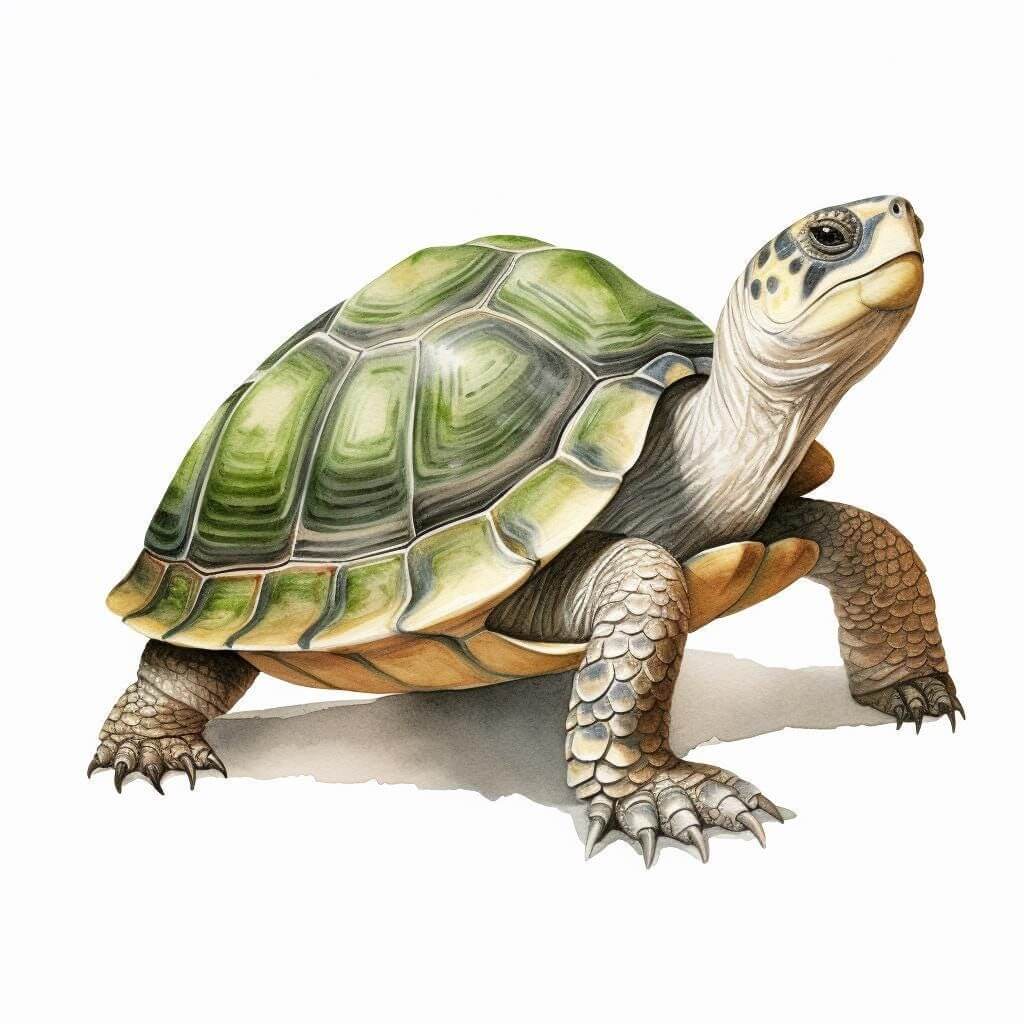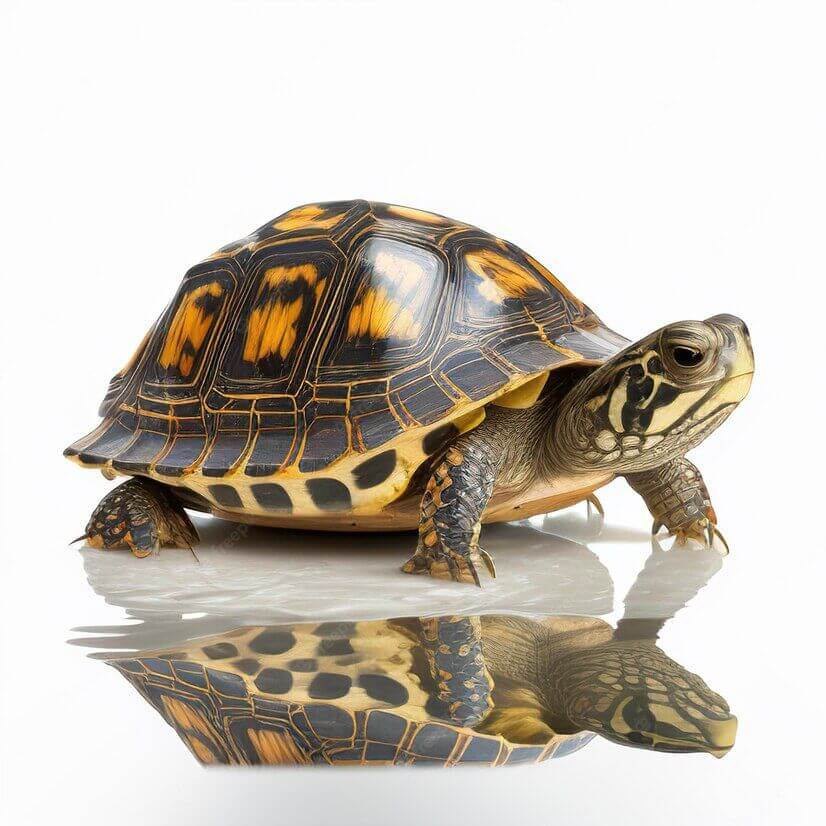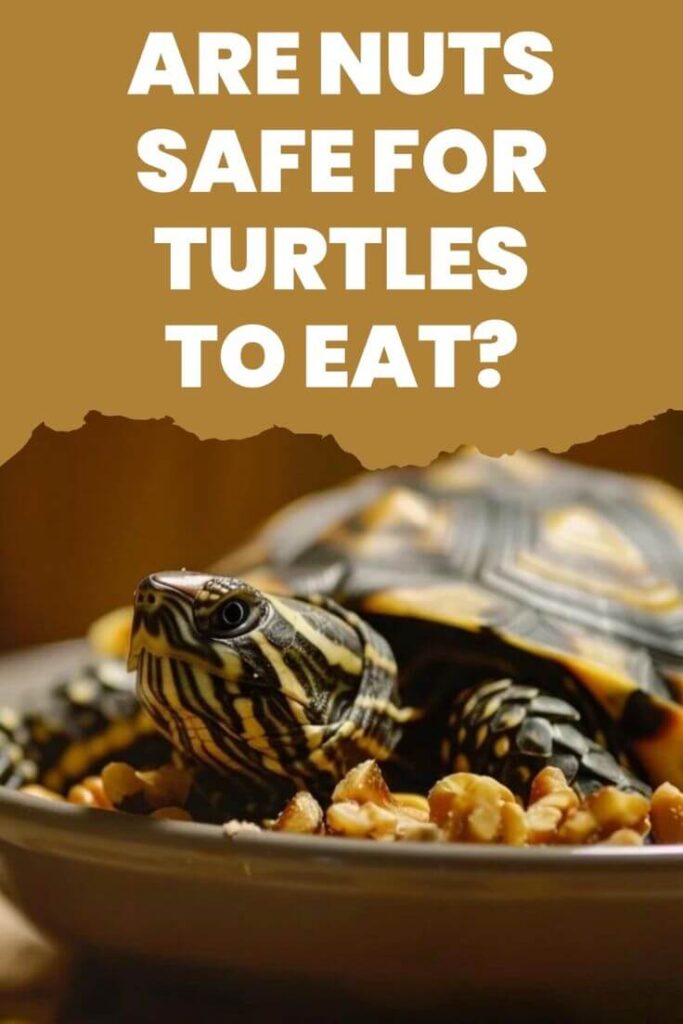Introduction
When I first started feeding my own turtles, I underestimated how complex their diet could be. Foods that are toxic to turtles as Many new keepers mistakenly believe that offering random vegetables, fruity snacks, or even leftover meat scraps will meet their dietary needs. In reality, every species—whether tortoises, meat eaters, omnivores, or carnivorous aquatic varieties—has very specific requirements. The challenge is that wrong foods often contain hidden toxic compounds that cause digestive issues or even life-threatening reactions in captivity. Looking back, I wish someone had told me to avoid processed snacks, inappropriate fruits, or unbalanced veggies, because once a turtle develops problems, recovery can be difficult.
Through experience, on this stage that Foods that are toxic to turtles I also learned that domesticated reptiles require different choices than those found in the wild, where vegetation, live food, and balanced protein sources occur naturally. In captivity, I rely on pelleted turtle food, carefully portioned supplements, and occasional fresh items, but I never confuse them with the human food I eat at dinner. A trusted veterinarian once emphasized that too much protein or careless treats could shorten their lifespan. That advice shaped the way I plan my turtles’ meals and reminded me to never feed turtles what might seem harmless at first glance.

Toxic Human Foods for Turtles
When I first started caring for turtles, on the basis of Foods that are toxic to turtles, I underestimated how processed and seemingly “ordinary” human food could harm them. Items like salami, sausage, and bacon might appear harmless as small bites, but these are loaded with preservatives, nitrates, and high salt that overwhelm the turtle’s delicate digestive system. Even though they smell like inviting breakfast foods, their chemicals and high sodium levels are incredibly unhealthy, creating long-term harmful effects. A turtle nibbling on these tasty scraps faces risks we don’t see immediately, and I’ve observed first-hand how such meat snacks can disrupt appetite and leave the reptile lethargic.
Equally worrying are bread, pasta, and dense carbs, which carry little nutritional benefit yet fill up a turtle’s stomach quickly. Their denseness makes them difficult to digest, and commercial products like a loaf with added preservatives bring no true value. Over time, reliance on these starchy foods can even be fatal. I once witnessed a turtle refusing leafy greens after being fed soft bakery items, proving that such carbs alter feeding behavior in unnatural ways. For a creature that thrives on vegetation and balanced protein sources, offering heavy starch does more damage than good.

Avocado (All Parts) for turtles
In my own observations, offering avocado to tortoises or other reptiles creates nothing but serious risk, as every portion — from the flesh and peel to the hidden stone — carries compounds that their systems cannot manage. The toxic element, persin, may not harm humans in moderation, but for amphibians and turtles it quickly leads to gastric distress and a cascade of health complications. Even when people think only the outer bark or underground roots are problematic, experience shows that the leaves and even the delicate flower can trigger an upset so severe that it puts survival at stake.
From a practical perspective, on the basis of Foods that are toxic to turtles I’ve counseled turtle owners who unknowingly provided small slices, believing the creamy texture to be harmless. Within hours, the animals showed signs of imbalance, and it became evident how toxic this fruit truly is. Unlike safe greens or vegetables, avocado exposes turtles to unnecessary harm across all its parts, proving it unsuitable for inclusion in their diet. That reality underscores why practitioners like myself emphasize careful avoidance: each fragment of the plant poses danger to these sensitive creatures, especially when compared to alternatives that support their long-term wellness.

Dairy Products: Cheese, Yogurt, and Milk For Turtles
I’ve seen many turtle keepers surprised at how even a small amount of cheese or milk can cause significant stress to a reptile’s system. Unlike mammals, turtles are naturally lactose-intolerant, which means their bodies cannot properly digest the sugars in these foods. While people often assume the protein and fat content might provide useful energy, the reality is quite the opposite. Without the right enzymes, substances found in butter, ice cream, or even a plain spoon of yogurt often trigger digestive complications instead of nourishment. From my own observation, turtles offered such treats tend to become sluggish, and in some cases, show signs of discomfort within hours.
The real challenge lies in the human habit of projecting our dietary needs onto animals. We often think of dairy as wholesome, yet for turtles it is disruptive rather than beneficial.
Even when a pet owner tries alternatives such as low-fat yogurt or diluted milk, the results remain problematic. Reptiles were never designed to metabolize mammalian dairy products.
Some keepers assume that butter or ice cream in tiny portions might be harmless, but these carry concentrated fats that can overload a turtle’s system.
On the basis of foods that are toxic to turtles, my experience shows they thrive best when their digestive process is respected and kept free from human-based indulgences. This reinforces why avoiding all dairy is a critical practice for long-term health.
Chocolate and Sugary Foods for Turtles
In my years of observing reptiles, I’ve seen the unfortunate impact when caretakers unknowingly share chocolate or heavily processed sweets with their turtle. While humans may treat these items as harmless indulgences, they carry compounds like theobromine and caffeine that reptile systems cannot efficiently process. Even tiny traces can trigger irregularities in digestion and behavior, with the risks multiplying if combined with hidden dairy elements inside candies or desserts. From a professional standpoint, such ingredients act more like toxins than treats, and their consequences unfold slowly but remain undeniably deadly to sensitive species.
I often remind fellow keepers that many animals, not just turtles, struggle when exposed to high sugar loads. Over time, the imbalance caused by concentrated sweets disrupts metabolic functions and makes reptiles more vulnerable to infection and stress. In practice, I’ve witnessed cases where routine access to sweetened snacks left shells dulled and activity levels drained, proving that these products undermine overall vitality. Steering clear of such offerings may feel strict, but it preserves the very foundation of long-term reptile wellness.

Nuts and Seeds with Phytic Acid for Turtles
On the basis of Foods that are toxic to turtles, from my own care experience, I’ve seen many turtle keepers mistakenly treat nuts and certain seeds as harmless snacks, believing they’re a natural addition to the diet. In reality, the hidden concern lies in phytic acid, a compound that quietly inhibits the absorption of crucial minerals. When this process persists, it interferes with calcium balance, directly affecting shell strength and overall resilience. Over time, such disruption doesn’t just remain invisible—it evolves into metabolic complications that weaken the skeletal system, making small cracks or deformities appear in younger turtles much faster than one might expect.
I’ve personally reviewed cases where caretakers overlooked the slow damage caused by these foods. The long-term risk of bone fragility often manifests as shell abnormalities or even softening, a sure sign of disease linked to mineral deficiency. Coupled with oxalates already present in other plant items, the combined effect creates an unhealthy load that most creatures simply cannot process effectively. Turtles require steady mineral intake to thrive, and feeding nuts or seeds with phytic acid contradicts the very foundation of safe husbandry. That’s why, despite appearing nutrient-dense at first glance, these foods become a silent but persistent threat in reptile care routines.
FAQs About Foods That Are Toxic to Turtles
Why Should Feeding the Wrong Foods Be Avoided?
When feeding pet turtles or tortoises, choosing the wrong diet can be highly harmful. Caretakers must avoid unsafe vegetables or overly fruity items, even as a treat. Leftover meat scraps do not match their dietary needs, which are built around a natural balance found in the wild. Each species may be meat eaters, omnivores, or thrive on vegetation, but all can suffer from toxic compounds causing digestive issues and even life-threatening illness in captivity. Every day, decisions about fruits, veggies, and processed snacks influence their long-term health.
Can Aquatic and Omnivorous Turtles Eat Human Food?
Even aquatic turtles, some carnivorous or omnivorous, should not be fed pelleted turtle food made from human food leftovers. They thrive on live food, balanced supplements, and guidance from a veterinarian. While extra protein might seem appealing, for domesticated turtles, the safest option is carefully selected, fresh meals. Sharing your dinner is unsafe—never feed turtles human meals.
Are Processed Meat Products Safe for Turtles?
No—processed meat items such as salami, sausage, or bacon are harmful. These contain preservatives like nitrates, excess salt, and other chemicals. Such foods are unhealthy for the digestive system. Even common breakfast foods with high sodium may taste tasty to humans, but for a turtle, they are dangerous.
Is Bread, Pasta, or Other Carbs Safe for Turtles?
Starchy carbs such as bread or pasta provide no nutritional benefit for turtles. The denseness of bread makes it difficult to digest, especially from a commercial loaf filled with preservatives. Similarly, pasta lacks real value and can even become fatal if consumed often.
What About Citrus Fruits and Acidic Foods?
Oranges and other citrus fruits contain excess sugar and acid that disturb the gut flora. Combined with oxalates, these raise serious health issues. Even small servings of lemon, grapefruit, or satsuma cause gastric problems.
Are Avocados Safe for Tortoises and Reptiles?
Foods that are toxic to turtles, the avocado is unsafe in all forms, its flesh, roots, leaves, bark, flower, stone, and peel are toxic. Both tortoises and turtles develop gastric upset due to persin, and other reptiles or amphibians face the same risk.
Can Turtles Eat Dairy or Milk Products?
No, turtles cannot digest dairy because they lack the right enzymes. Foods like milk, cheese, yogurt, butter, or ice cream are unsafe. Even if protein, fat, or energy seem useful, their lactose-intolerant systems make dairy harmful.
Why Is Chocolate Deadly for Turtles?
Chocolate is extremely toxic to animals because of theobromine and caffeine. For turtles, even a trace mixed with sugar or dairy is deadly. A single piece can threaten a turtle’s life.
Why Are Nuts and Seeds Risky for Turtles?
Nuts, though natural, contain phytic acid which inhibits calcium absorption. This causes metabolic disorders, weakens bone structure, and leads to disease. Paired with oxalates, the effect worsens. Such foods aren’t what these creatures require and must be excluded.
Are Garlic and Onions Toxic?
Yes, garlic and similar fodder from plants with bulbs are unsafe. Small cloves, shallots, or onions are toxic and may cause illness or even serious poisoning in turtles.
Do Spicy Vegetables Harm Turtles?
Chillis and peppers are part of the nightshade family and contain capsaicin, an irritant. Such spicy items upset the digestive system and are unsafe.
Is Spinach Good for Turtles?
Foods that are toxic to turtles, Though spinach is a leafy green, it contains calcium-binding oxalic acid. Nutrients aren’t properly absorbed, leading to crystals that cause irritation in the skin, mouth, and throat.
Is Iceberg Lettuce Safe?
Iceberg lettuce is not poisonous, but it has low nutritional value. The benefit is minimal, and turtles need more nutrient-dense greens.
Can Turtles Eat Eggplant or Other Nightshades?
Eggplant, part of nightshade plants, contains solanine, making it dangerous.
Why Are Rhubarb Leaves Unsafe?
Rhubarb stems and leaves are high in oxalic acid, which blocks calcium absorption. This leads to weak shells and bones.
Are Tomato Leaves or Unripe Parts Safe?
Tomatoes, especially unripe ones, along with leaves and stems, have alkaloids that are toxic.
Which Flowers Should Be Avoided?
Buttercups, daffodils, and narcissus are toxic plants. These flowers should never be fed.
Are Bean Sprouts Healthy for Turtles?
Bean sprouts may seem nutritious but their excess protein and phytic acid make them unsafe.
Are Crab Sticks or Artificial Snacks Okay?
Crab sticks are a processed snack and unsuitable for turtles.
Can Turtles Eat Dog or Cat Food?
Feeding dog or cat food as a main diet is inappropriate.
Is Raw Chicken or Beef Safe?
Raw chicken or ground beef can carry foodborne disease and present a risk.
Is Freeze-Dried Fish Healthy?
Frozen fish and freeze-dried types are often missing vitamins, making them deficient.
Can Earthworms or Insects Be Fed Safely?
Yes, but earthworms and insects exposed to pesticides may transmit parasites, making them unsafe.
What Foods Are Absolutely Toxic to Turtles?
Foods that are toxic to turtles, Avocado, onions, garlic, processed meats, preservatives, nightshade plants, tomatoes, eggplant, citrus, acidity, chocolate, theobromine, caffeine, dairy, cheese, yogurt—all are toxic and harmful.
Are Certain Plants and Flowers Dangerous?
Yes, plants and flowers such as buttercups, daffodils, and narcissus are toxic. Tomato or eggplant leaves and stems with alkaloids, and rhubarb with oxalic acid blocking calcium, are all unsafe.
What About Human Foods and Treats in Moderation?
Human foods or treats that are processed, sugary, fatty, salty, or chemically enhanced are unsafe. Offering dog or cat food is not an appropriate main diet, and any exposure should be kept to a minimal level.
Why Are Oxalates, Phytic Acid, and Preservatives Harmful?
On the basis of foods that are toxic to turtles, Oxalates, phyticacid, and preservatives block calciumabsorption and disrupt the gutflora. This leads to mineral imbalance, metabolicbonedisease, and damage to the kidney and liver. They create chronic stress, while excess salt, fat, and strain on the digestive and metabolicsystem worsen the danger.